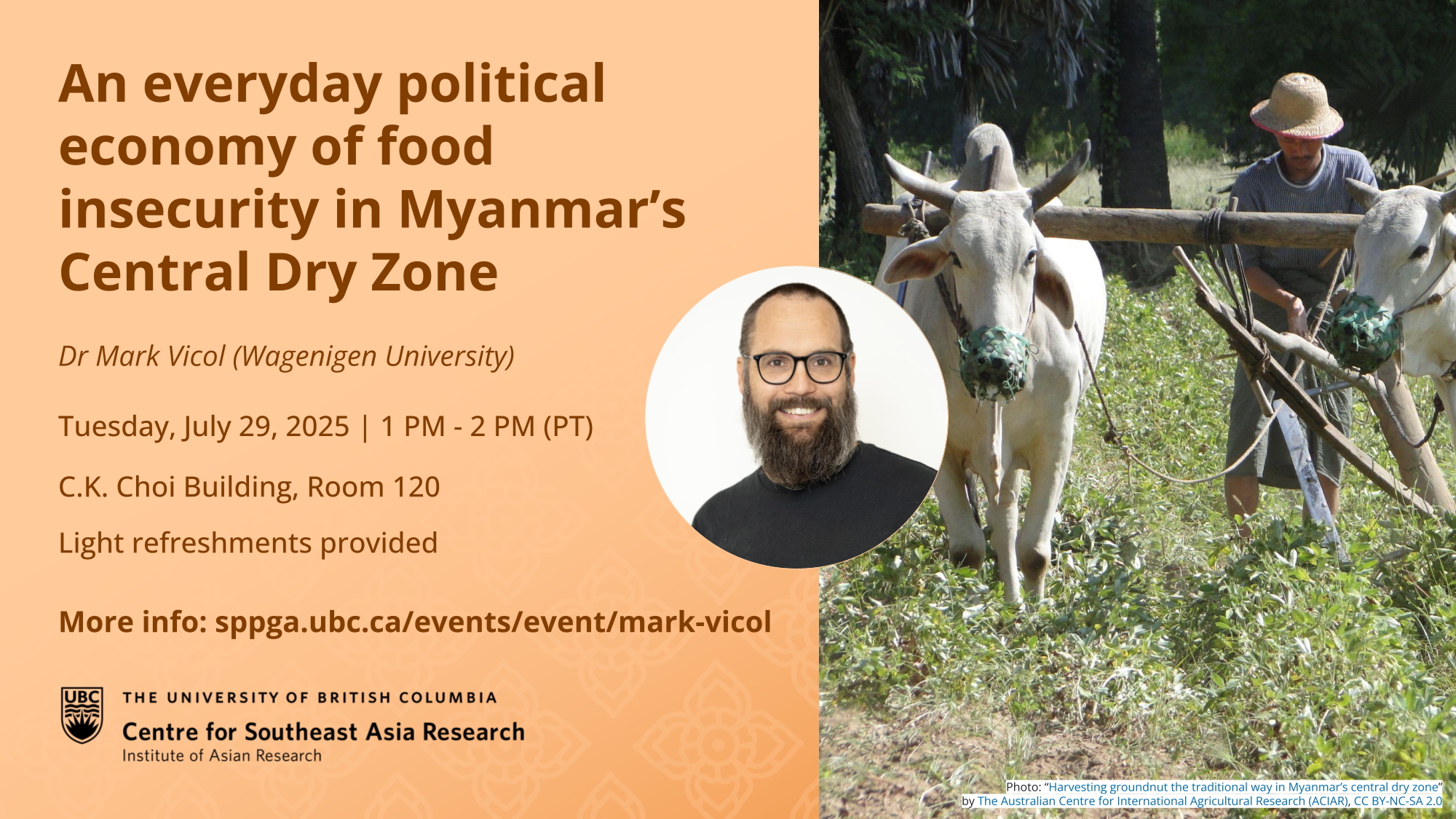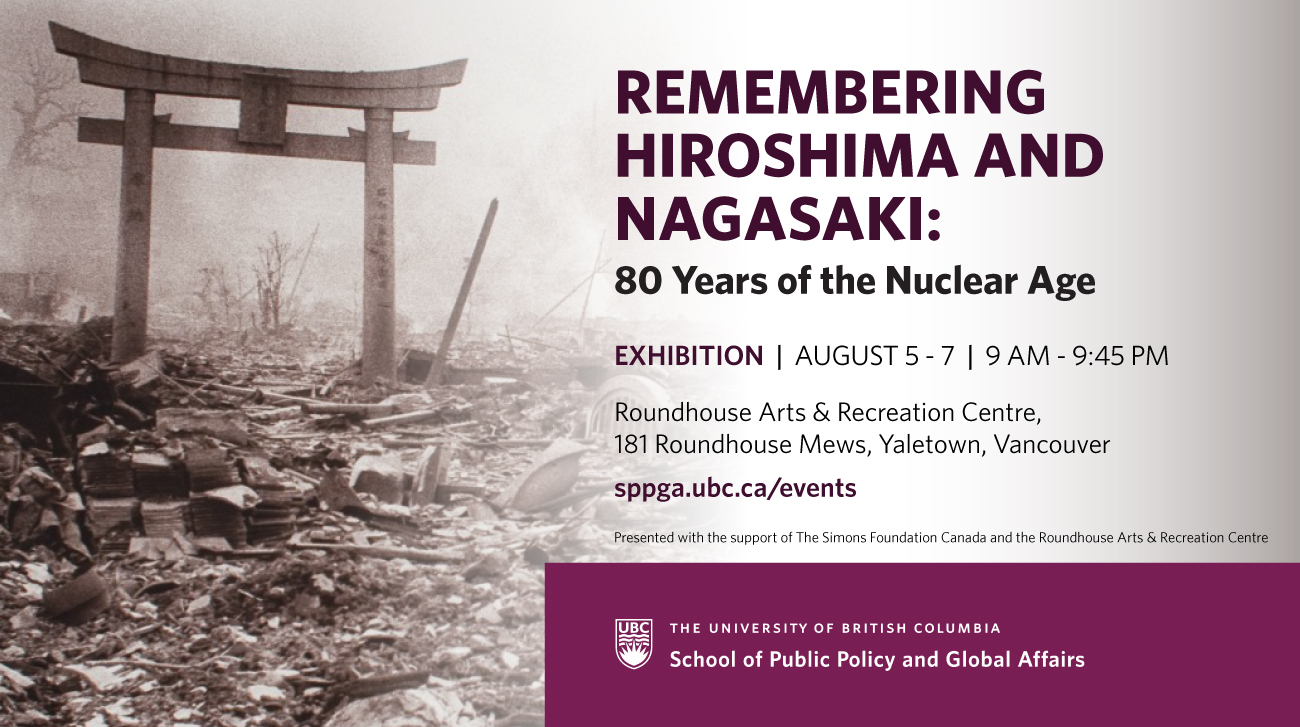Join us for a talk on mining development and environmental rehabilitation challenges, Mongolia’s case, with Bolormaa Purevjav, a Chair at the Centre for Stakeholder Engagement and Sustainable Development, a national NGO in Mongolia, and a CIRDI fellow. This event is part of the ongoing Policy@UBC series and CIRDI seminar series.
Thursday, April 13, 2017
12:30 pm – 1:45 pm
Case Room, Liu Institute for Global Issues
All welcome. Refreshments provided
  |
Mongolia is a mineral rich country. Following a democratic revolution in 1989, rapid institutional changes have taken place; and since then Mongolia has been on its path to building a prosperous democratic society. This path has not been easy and straightforward. In early 1990s a dramatic economic downturn resulted in massive jobs losses; and natural disasters killed ten million of livestock and left herders with nothing to live. As a response to the economic downturn, the Mongolian Government created a Gold program in 1992 which led to a rapid mining development. The mining industry growth during 1992- 2005 addressed economic issues and impoved the standard of living, however, it also impacted environment and society in a significant way. Grassroots movements in 2005 led to the cancellation of several mining projects due to pollution of rivers, pasture degradation and very little economic benefits to local people. To address the environmental issues, a new environmental law was passed in 2012. In parallel, the Mining Ministry developed a first ever mining strategic policy document to ensure the development of “responsible mining” in the country and to smooth operations on the ground while increasing enviromental and social requirements for the mining industry. Along with formal mining the community artisanal mining has also grown and caused significant land degradation. Despite all these issues, it is clear that Mongolia is emerging as a strong mining country. Implementation of integrated water management plans remains a challenge and an important action item, where promoting good environmental rehabilitation practices by mining companies and by emerging ASM communities plays an important role.
About Bolormaa
Mrs. Bolormaa Purevjav is a Chair at the Centre for Stakeholder Engagement and Sustainable Development (SESD), a national NGO in Mongolia. She is an engineering graduate from the University of Brno, Czech Republic, and has also earned an MBA degree from the Griffith University in Australia. She is currently working in Vancouver as a CIRDI fellow.
Bolormaa possesses over 15 years of experience in the international development field managing programs and projects focused on broad economic and social development topics, such as gender, human rights based approaches and sustainable development. Her areas of expertise include stakeholder engagement in extractive industry; community development and empowerment; establishing local multi-stakeholder councils at local level as a platform for stakeholder constructive engagement; participatory planning and conflict prevention.
She has also facilitated development of environmental management plans at local level to balance economic growth and environmental protection in order to produce positive sustainable outcomes. She has extensively worked in the field and promoted establishment of water quality monitoring groups in 38 communities.
Bolormaa has worked in a diverse range of organizations, including Ministry of Education, Culture and Science of Mongolia; UNDP Mongolia as a project manager; Swiss Agency for Development and Cooperation as community development component leader and The Asia Foundation where she led the environmental program from 2011 to 2016.
Bolormaa is passionate about developing and implementing community-based environmental rehabilitation and conservation projects, as well as disseminating good environmental practices to make positive changes.
Co-sponsored by CIRDI and the Liu Institute for Global Issues
  |
  |

